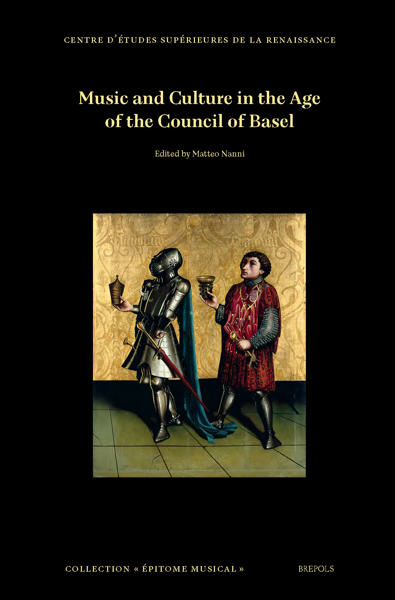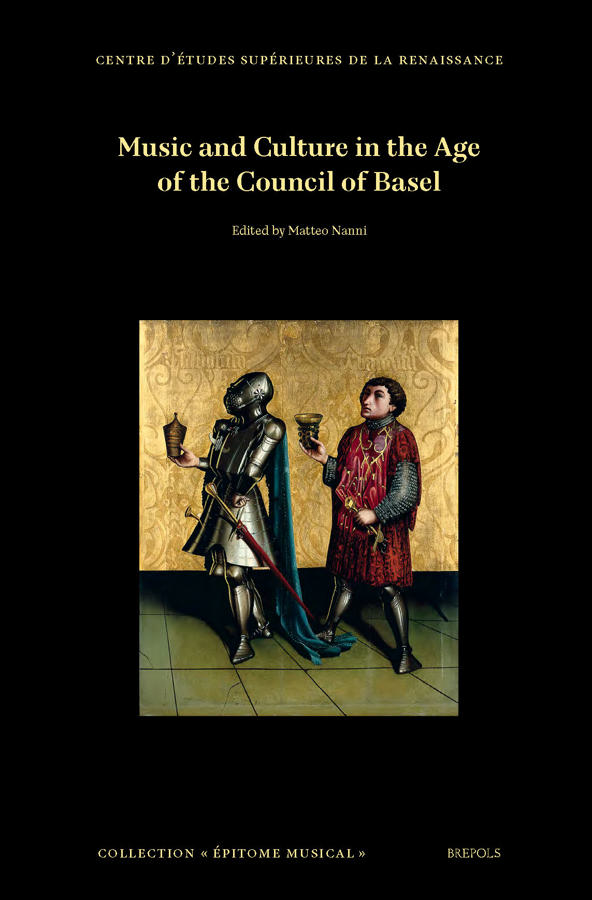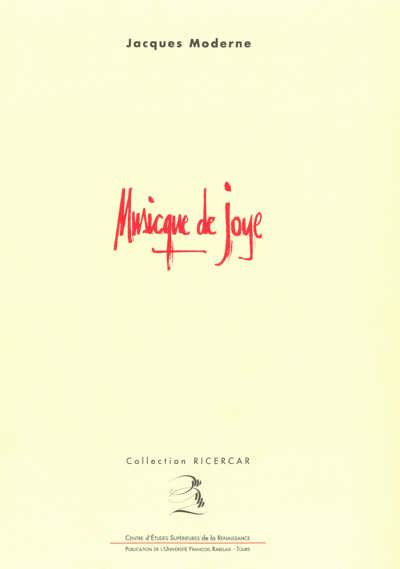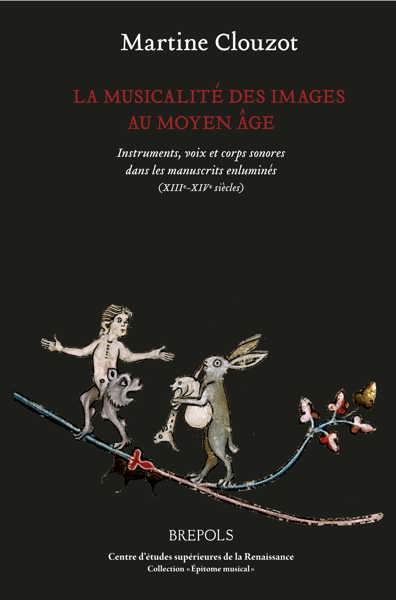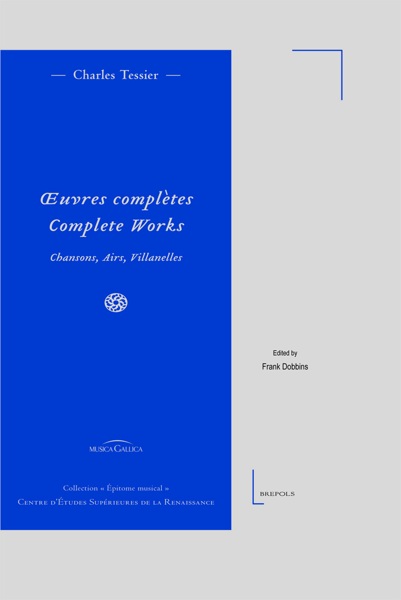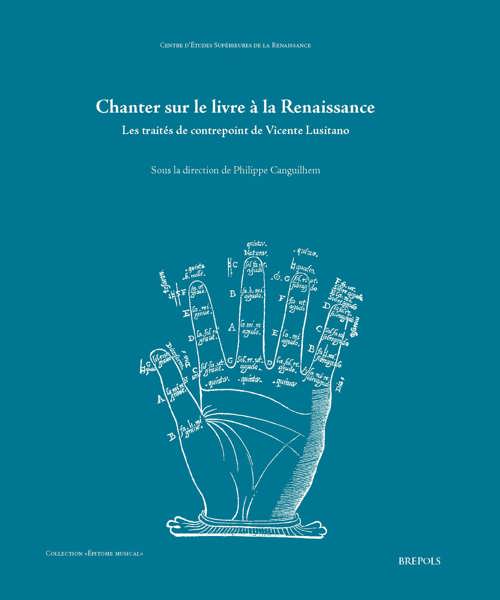
Music and Culture in the Age of the Council of Basel
Matteo Nanni (ed)
- Pages: 358 p.
- Size:190 x 290 mm
- Language(s):English, German, Italian
- Publication Year:2014
- € 95,00 EXCL. VAT RETAIL PRICE
- ISBN: 978-2-503-55041-1
- Paperback
- Available
"Für eine interdisziplinär ausgerichtete Kulturwissenschaft liefert dieser reichhaltige Band insgesamt wertvolle Impulse." (Valeska Koal, on: Perspectivia.net [http://www.perspectivia.net/publikationen/francia/francia-recensio/2017-2/ma/nanni_koal])
The articles published in this volume are based largely on the papers delivered at the international symposium on ‘Urbanity, Identity Construction, and Humanism: Music, Art, and Culture in the Age of the Council of Basel.’ The symposium profited from a fruitful dialogue conducted between scholars and performers at Basel University’s Musicology Department during the ‘Waning of the Middle Ages’ Festival (August 2011). Our volume has been enlarged with the addition of further original articles that not only expand the overall picture of the topic, but enrich the book's underlying theses on the cultural history of music and the arts in the fifteenth century. Here, with a common set of questions, we have assembled articles from general historians and musicologists, as well as historians of art and literature, in order to search for possible answers to the question of identity construction in the fifteenth century. The early age of humanism, the internationalization of culture, the Council and conciliarism, and the urbanity of the late Middle Ages: all are mainstays of the culture-historical edifice that these articles, with their contrasting methodological approaches, demarcate and carry out in an interdisciplinary spirit.
Matteo Nanni, Urbanity, Identity Construction, and Humanism: Toward a Cultural History of Fifteenth-Century Music, Laurenz Lütteken, Urbanität und musikalische Identität. Die Wirklichkeit der Musik und die Konzilien im 15. Jahrhundert, Therese Bruggisser-Lanker, »Dulcis harmonica concordantia« – Nicolaus Cusanus’ Konkordanzbegriff und die Emanzipation der europäischen Kunstmusik, Beate Böckem & Barbara Schellewald, Portät der Macht und Spiegel des Basler Konzils? Der Petrusaltar von Konrad Witz, Jean-Claude Mühlethaler, Amour et identité politique : Le Champion des dames de Martin Le Franc, Christian Guerra, »Eneam reiicite, Pium suscipite«: Enea Silvio Piccolominis Lebensentwürfe zur Zeit des Basler Konzils, Peter Wright, Trent 87 and 92: Questions of Origin, Repertory and Physical Make –Up, Reinhard Strohm, Intentions to Transmit: Cultural History and the Early Trent Codices, Hartmut Möller, Auf dem Weg zu einer europäischen Identität im Codex Trient 92-1?, Margaret Bent, Bishop Francesco Malipiero, music, and the Vicenza delegation to Basel, Antonio Lovato, La scuola di grammatica e canto della cattedrale di Padova e la Bolla Superna nobis (1438) di Eugenio IV, Sean Gallagher, Du Fay and Self-Borrowing, Anna Maria Busse Berger, Wie hat Oswald von Wolkenstein seine Kontrafakta angefertigt?, Agostino Ziino, Ipotesi sulla tradizione testuale del mottetto Ave, Yhesu Christe verbum Patris, Francesco Facchin, Il mottetto Ave, Yhesu Christe Verbum Patris: La musica nelle versioni di Q15, BR19, TR88, Christian Berger, Wissen als Form. Brassarts Motette Fortis cum quaevis actio (Trient 87), Carlo Bosi, Johannes Brassart und Kaiser Sigismund: Versuch nach einer historischen Kontextualisierung anhand der Introiten, Anja Rathmann-Lutz, Liturgische Räume zwischen Stadt und Konzil, Luca Basilio Ricossa, Ecclésiologie et Conciliarisme dans l'œuvre liturgique de Jean de Ségovie, Ursula Lehmann, Rom in Basel? Beherrschung von Zeremoniell und Raum während des Basler Konzils, Peter Reidemeister, Musik aus der Zeit des Basler Konzils. Zu Sinn und Bedeutung der »Festtage Alter Musik in Basel« 2011, Michal Gondko, »Armoniae celestes, carmina suavissima« oder: Europäische Musik in Basel zur Zeit des Konzils. Thema und Variationen. Includes the CD ‘Armoniae Celestes, Carmina Suavissima’. European Music in Basle at the time of the Council (1431–1449).
